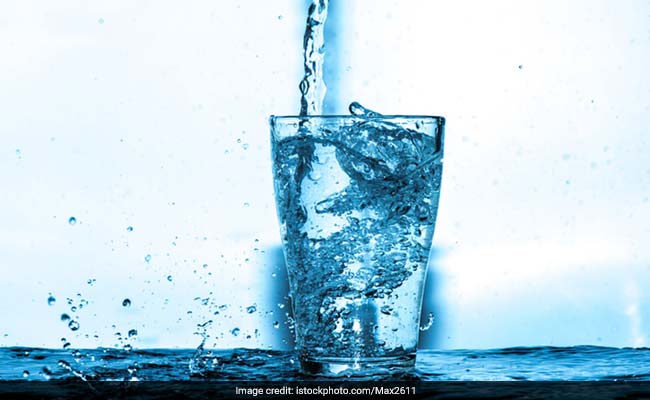
So, today is the day to ask what you can do to prevent the same from happening to your own city. You can start small, as even the tiniest steps to conserve water may go a long way in salvaging this precious resource.
Also Read: World Water Day 2018: Here's Why Water Is The Best Detoxifier For You!
Here five clever tips to save large amounts of water in the kitchen:
1. Don't Leave The Water Running
When you or your domestic help is washing utensils, you may often leave the water tap running for the full duration of the activity. This leads to excessive wastage of water that can be avoided very easily, by just turning the tap off when you're lathering the utensils with soap. Turn the tap on only and only when it's absolutely necessary. As soon as the utensil is clean and free of all soap, turn it off and make sure it's shut tight to avoid leakage.
2. Utilise Water From The Purifier
Water purifiers waste a criminal amount of water - three litres of water for every one litre that is purified - when they are switched on. To avoid this, you can find a way to source this water to other appliances that use water. For instance, this discarded water can be fed to your washing machine to wash your clothes. This water can also be used to water your plants or wash your car or other vehicle. It can also be used for mopping floors or washing your mirrors. You might be doing the Earth a huge favour by making this small adjustment.
3. Don't Throw Away Water Used To Wash Veggies
Water used to wash your vegetables might be similarly used in numerous household chores and watering your plants or the garden.
Also Read: Here's What The Ancient Practice Of Sprinkling Water Around Food Meant!

4. Use Electric Boilers To Boil Eggs
Boiling your eggs utilises a lot of water, which after the eggs are cooked, goes straight down the drain, as its completely worthless. Using an electric boiler instead of boiling eggs on the gas is a much greener option, as these boilers use less amount of water and also cook your eggs faster, saving you precious time and also some cooking gas.
5. Don't Fill Glasses Of Water To The Brim
A lot of us have a habit of filling glasses of water right to the brim, when we are serving our guests or families. This leads to water wastage, as the person who is drinking the water during meals, is unlikely to finish the whole glass. While pouring water for someone and most importantly for yourself, only take the amount that you're sure will be consumed fully. Ask for a refill or let your guests ask for a refill.
Any high income household on an average may use anything between 250 to 600 litres of water per head per day! Out of this, your kitchen may be responsible for water usage of at least 15 litres and above per day, depending on the members in the house. Washing the house and your clothes alone may require as much as 30 litres and above. So, if you pump this seemingly waste water from the kitchen into these other household chores, you might end up saving huge amounts of water.
It's our responsibility to salvage this precious resource, so that our future generations and most importantly, the weaker sections aren't left deprived.
Track Latest News Live on NDTV.com and get news updates from India and around the world

